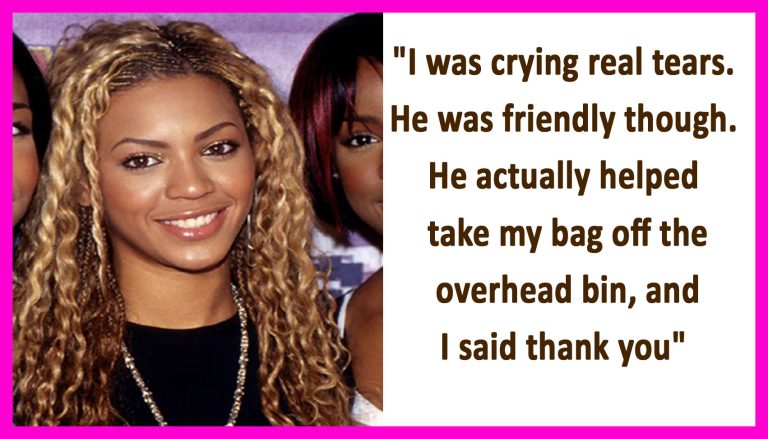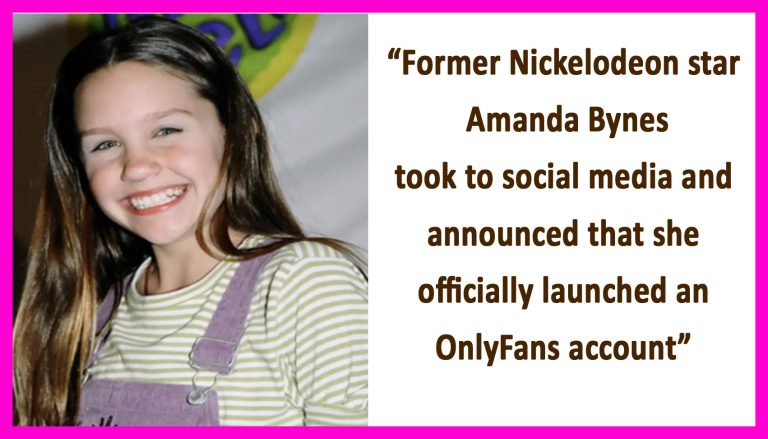From Vanilla to Kinky: How Gen Z is Redefining Romantic Norms
Introduction
From TikTok trends to queer-inclusive dating apps, Gen Z is leading a transformation in how society views sex, intimacy, identity, and relationships. This generation—born between the mid-1990s and early 2010s—grew up in a world where conversations around sexuality were more visible, nuanced, and less stigmatized than ever before. They are not only questioning traditional sexual norms—they’re rewriting them entirely.
In the past, terms like “vanilla sex” and “kinky sex” implied two ends of a spectrum, often drawing clear lines between what was considered mainstream and what was taboo. But for Gen Z, those lines are being blurred. They’re experimenting, educating themselves, and embracing diverse sexual expressions with confidence and curiosity. This generational shift is reshaping how we define consent, gender, pleasure, and the very idea of what it means to be sexual.
This article delves deep into how Gen Z is revolutionizing sexual norms—from embracing kink to challenging binary gender roles and advocating for informed consent—one TikTok, Reddit post, and real-life experience at a time.
1. Beyond the Binary: Sexual and Gender Fluidity
One of the most profound impacts Gen Z has had on sexual culture is the mainstreaming of sexual and gender fluidity. The rigid labels of previous generations are giving way to a more flexible and personalized understanding of identity.
According to a Gallup poll conducted in 2021, more than one in six adult members of Gen Z identify as LGBTQ+, with bisexuality being the most common identification. Terms like “pansexual,” “demisexual,” “queer,” and “non-binary” are now widely used, not only in academic circles but also across social media platforms and dating apps.
Unlike older generations, who often grew up with a binary view of sexuality (heterosexual vs. homosexual), Gen Z embraces a spectrum. They view identity as fluid, evolving, and often defying easy categorization. For them, attraction can be based on connection, not just gender.
This fluidity also influences their sexual preferences. Gen Zers are more likely to explore kinks and non-traditional sexual experiences without necessarily tying those explorations to rigid labels or lifestyle commitments.
2. Kink Is No Longer Niche
Kink—once considered taboo or reserved for the fringes of sexuality—is becoming increasingly mainstream, particularly among Gen Z. What was once whispered about in dark corners of the internet is now openly discussed on TikTok, YouTube, and Reddit. Hashtags like #BDSMTok, #KinkTok, and #Aftercare have gained millions of views, offering sex education, humor, and personal testimonies about the kink experience.
This shift is not about shock value; it’s about exploration, empowerment, and consent.
Many young people view kink as a form of emotional intimacy. The BDSM framework, with its explicit rules around boundaries and consent, can feel safer than the often unspoken assumptions of vanilla sex. In fact, Gen Z’s attention to consent makes them particularly compatible with kink communities, where negotiation and aftercare are standard practices.
Contrary to the outdated myth that kink is inherently aggressive or male-dominated, Gen Z’s approach often centers softness, communication, and equality. For example, dominant/submissive (D/s) roles are explored with mutual respect and clear boundaries. Gen Z is also challenging stereotypical power dynamics—normalizing women and nonbinary individuals as dominants, and men as submissives.
3. The Rise of Ethical Non-Monogamy
Monogamy is no longer the assumed relationship default. Gen Z is open to exploring a wide range of relationship structures, including polyamory, open relationships, and relationship anarchy.
This doesn’t mean that Gen Z is abandoning commitment. Rather, they are redefining what commitment can look like. Many seek partnerships that are emotionally supportive and based on communication rather than exclusivity. The focus is on autonomy, mutual respect, and clear boundaries.
What’s different is that these choices aren’t just about sex. They’re rooted in a broader philosophical shift—toward authenticity, transparency, and customization of relationships. Gen Zers are reading up on non-monogamy, joining online forums, and consulting resources like TikTok therapists and polyamory Reddit communities.
4. Consent as Culture
Perhaps the most critical—and promising—change Gen Z has brought to sexual norms is a cultural redefinition of consent.
Previous generations often operated in a gray area where “no means no” was the extent of the consent conversation. For Gen Z, it’s “yes means yes,” and even that’s just the baseline. They emphasize enthusiastic, informed, and ongoing consent. Discussions about consent now include topics like:
- Revisiting consent mid-act
- Power imbalances
- Consent in kink scenes
- The role of aftercare
- Emotional consent, not just physical
This shift is mirrored in education. While many schools still lack comprehensive sex education, Gen Z is educating itself through digital platforms. Sex educators like @shanboody and @drjennhardy are gaining massive followings on Instagram and TikTok. These influencers demystify everything from trauma-informed sex to STI conversations, making such topics less taboo and more accessible.
5. Sex Positivity Meets Mental Health
Gen Z is uniquely attuned to the connection between mental health and sexual well-being. They are more likely to openly discuss topics like trauma, anxiety, and body dysmorphia—and how these affect sexual experiences.
For many, sex is not just about pleasure but about healing and self-expression. Therapy-speak has entered the bedroom: Words like “emotional labor,” “boundaries,” and “triggers” are commonly used in sexual contexts. This awareness fosters healthier communication and more intentional relationships.
At the same time, there is growing caution around performative sex positivity. Not every Gen Z person is hypersexual or “down for anything.” Many are asexual, celibate by choice, or navigating complicated relationships with sexuality due to trauma or cultural factors. Gen Z is making space for all of it—sexual exploration and sexual avoidance—as equally valid.
6. Porn, Tech, and TikTok: New Tools, New Rules
Technology has dramatically shaped Gen Z’s sexual landscape—for better and worse.
On one hand, they have unparalleled access to sex education, queer communities, and kink-friendly platforms. On the other hand, early exposure to online pornography (often before age 12) has created unrealistic expectations and sometimes distorted views of intimacy.
Unlike previous generations, Gen Z doesn’t passively consume porn—they critique it. Ethical porn, feminist porn, and amateur creators are gaining traction. There’s a demand for authenticity and diversity: real bodies, real pleasure, and real relationships.
Dating apps, too, have evolved. Apps like Feeld, HER, and Lex allow people to connect based on shared values, kinks, and gender identities. These platforms are increasingly inclusive, letting users define themselves in ways that go far beyond “male” or “female,” “straight” or “gay.”
TikTok has also become a major force. Beyond silly dance trends, it’s a space for sexual education, identity exploration, and even political activism around sexual health. Sex educators on TikTok are pushing back against misinformation while offering nuanced perspectives on everything from fetishes to STI stigma.
7. Spirituality, Sexual Energy, and Body Positivity
Another striking trend among Gen Z is the blending of sexuality with spirituality. From tantric sex to “sacred kink,” many young people are viewing sex as a form of self-connection, emotional release, or spiritual practice.
They’re also leading the charge in body positivity and fat liberation, challenging narrow beauty standards that have long influenced perceptions of desirability. There’s a growing embrace of diverse bodies in sexual spaces, with greater focus on pleasure for all rather than performance for the few.
8. Intersectionality and Activism
Gen Z is acutely aware of how race, class, disability, and other identities intersect with sexuality. They recognize that sexual freedom isn’t universal—that Black, disabled, trans, and neurodivergent individuals face unique barriers and stigmas in accessing pleasure and safety.
Many Gen Z activists and creators are pushing for intersectional sex education, inclusive policy changes, and the dismantling of systems that criminalize or pathologize certain sexual behaviors and identities.
They are also reshaping the language around kink and fetish. Instead of exotifying marginalized groups, there is a movement toward conscious kink—where desires are unpacked, not just acted upon. The goal is pleasure with accountability.
Conclusion: The Future of Sex Is Fluid, Conscious, and Customizable
“From vanilla to kinky” doesn’t just describe a sexual spectrum—it encapsulates the broader cultural shift Gen Z is spearheading. Their approach to sex is about personalization, not prescription. It’s not about fitting into a mold, but breaking it open.
Gen Z is building a sexual culture where authenticity, curiosity, and care are
























